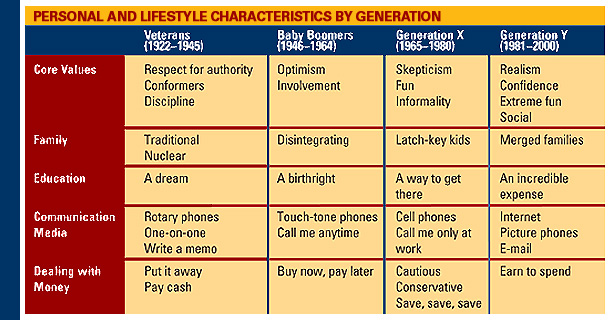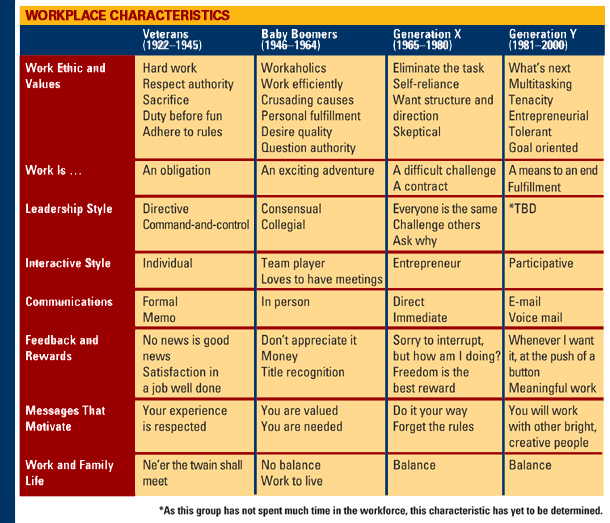- Joined
- Jan 9, 2014
- Messages
- 1,224
- Reaction score
- 648
Interesting article she posted a few years ago (that I just saw) as an Op-Ed in the New York Times. She's an anesthesiologist, but the article isn't specific to the field.
http://www.nytimes.com/2011/06/12/opinion/12sibert.html?pagewanted=all&_r=0
I'll quote some of the more relevant parts...
Given the diminishing perception of the difference between what a CRNA can offer (at a fraction of the training cost), does she have a point? There are only about 25-30% of female anesthesiologists right now in the work force. It's up to 80% of CRNAs, many who work part time or PRN when they have small kids. But she raises a lot of points about commitment to the profession and the fact that male physicians tend to work harder and longer hours. We're talking women in the early 30's who may not work again full-time until they're in their 50's. For what it's worth I am the child of a professional woman who worked full-time when I was growing up. I hear a lot of what she is saying. I never felt robbed not having my mom around full-time, especially after I was about 8 years old. I can see how it might be more important iup to that point.
What do you guys think? Fair criticism? When I was at my (brief stint) job before I returned to my current job there seemed to be a disproportionately higher number of female anesthesiologists. There were a few full-timers who were female and others who were married to surgeons, bankers, one real estate guru and worked part-time. It was a great job for them to work PRN. But at the same time I hear her points about not being fully committed to a 'profession'.
Interesting article. Written by a woman. Don't shoot the messenger.
http://www.nytimes.com/2011/06/12/opinion/12sibert.html?pagewanted=all&_r=0
I'll quote some of the more relevant parts...
I’M a doctor and a mother of four, and I’ve always practiced medicine full time.
Since 2005 the part-time physician workforce has expanded by 62 percent, according to recent survey data from the American Medical Group Association, with nearly 4 in 10 female doctors between the ages of 35 and 44 reporting in 2010 that they worked part time.
About 30 percent of doctors in the United States are female, and women received 48 percent of the medical degrees awarded in 2010.
Students who aspire to go to medical school should think about the consequences if they decide to work part time or leave clinical medicine. It’s fair to ask them — women especially — to consider the conflicting demands that medicine and parenthood make before they accept (and deny to others) sought-after positions in medical school and residency.
You can’t have it all. I never took cupcakes to my children’s homerooms or drove carpool, but I read a lot of bedtime stories and made it to soccer games and school plays. I’ve ridden roller coasters with my son, danced at my oldest daughter’s wedding and rocked my first grandson to sleep. Along the way, I’ve worked full days and many nights, and brought a lot of very sick patients through long, difficult operations.
Patients need doctors to take care of them. Medicine shouldn’t be a part-time interest to be set aside if it becomes inconvenient; it deserves to be a life’s work
Given the diminishing perception of the difference between what a CRNA can offer (at a fraction of the training cost), does she have a point? There are only about 25-30% of female anesthesiologists right now in the work force. It's up to 80% of CRNAs, many who work part time or PRN when they have small kids. But she raises a lot of points about commitment to the profession and the fact that male physicians tend to work harder and longer hours. We're talking women in the early 30's who may not work again full-time until they're in their 50's. For what it's worth I am the child of a professional woman who worked full-time when I was growing up. I hear a lot of what she is saying. I never felt robbed not having my mom around full-time, especially after I was about 8 years old. I can see how it might be more important iup to that point.
What do you guys think? Fair criticism? When I was at my (brief stint) job before I returned to my current job there seemed to be a disproportionately higher number of female anesthesiologists. There were a few full-timers who were female and others who were married to surgeons, bankers, one real estate guru and worked part-time. It was a great job for them to work PRN. But at the same time I hear her points about not being fully committed to a 'profession'.
Interesting article. Written by a woman. Don't shoot the messenger.


